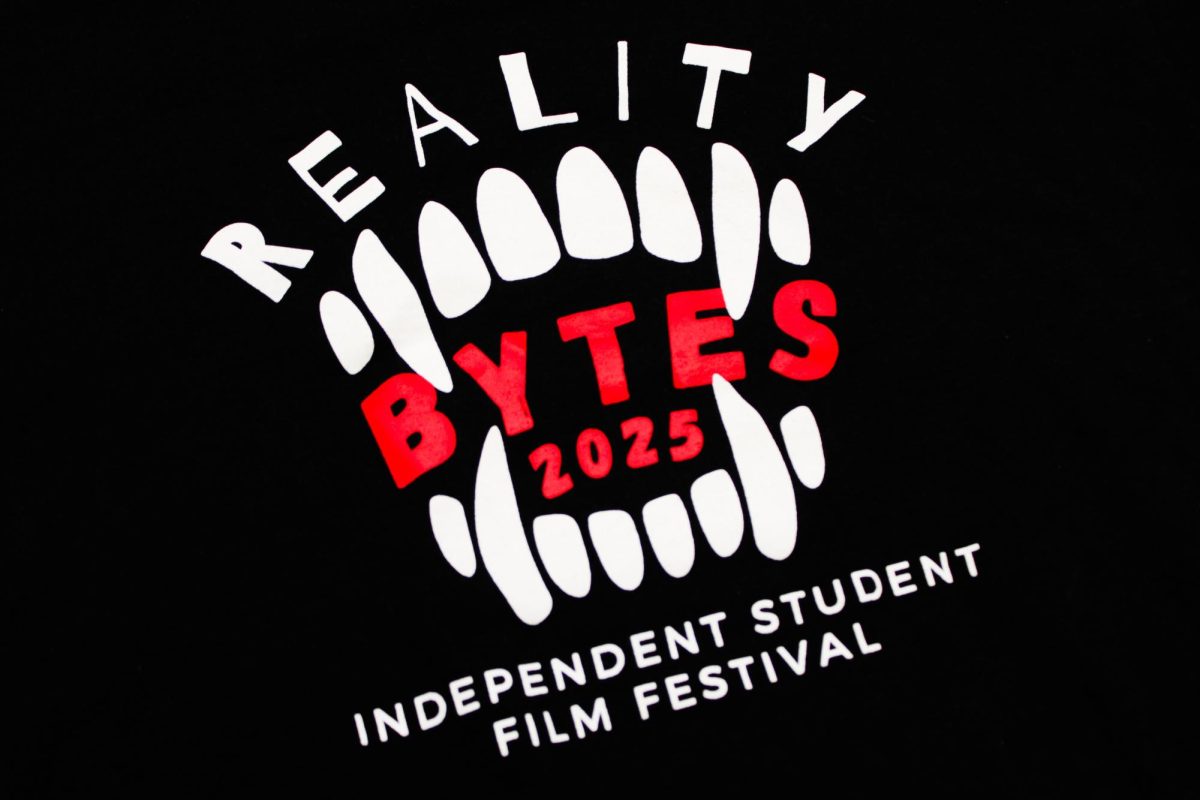The film “American Fiction” is not what it seems.
The trailers make it out to be a simplistic comedy about a Black man who writes an overly-stereotyped book about Black life to thumb his nose at the publishing industry.
The film itself looked at how that man dealt with his family, how his family intersected with his writing, and how his superiority complex led to him not writing well.
However, I don’t think either of these explanations are the case.
The December 2023 release – which seems to be finally hitting Northern Illinois theaters in mid-January – is based on Percival Everett’s 2001 novel “Erasure.”
“Erasure” follows Thelonious “Monk” Ellison, the main character in the film, as he attempts to find a publishing deal for his newest book – some snobby, erudite novel with a reader base in the low double digits.
When Monk cannot publish his novel, he writes a parody of books by Black authors that are accepted by publishing houses: books about the ghetto and murder and police and crime.
When this book (within a book), eventually titled a word that rhymes with luck and starts with the letter F, gets published, Monk received critical and public fame.
“Erasure” features the entirety of Monk’s book within the book’s two covers.
When it comes to “American Fiction,” the film attempts to do the same.
After a string of jokes that may be funny but are also exploitative – i.e. white people finding Black pain, sorrow and failure funny – the film reveals that the whole time it was a movie producer reading a script.
What a massive turn and not something that was done to its completion when Charlie Kaufman was a teenager!
The movie producer, of course, decided the ending written cannot be right – a smash to black – and instead decides that the movie (within the movie) must end with Monk being killed by the FBI (who were after him because he marketed the book within the movie within the movie as being written by a fugitive who was on the run).
Sound convoluted enough for you?
Don’t get me wrong, I love a good complex storyline. “Eternal Sunshine of the Spotless Mind” one of my favorite films, and I have read “Infinite Jest” in its entirety (it did take 18 months though). But, “American Fiction” gets too messy too quickly.
Also, meta-narratives exist for a reason. In “American Fiction,” the meta-narrative feels like it exists for the sake of continuing the legacy of the original book rather than telling a story in the best way possible.
If you extrapolate the meaning of the meta-narrative, it explains something along the lines of how narratives about Black people – either those like the ones in the sub-book in “Erasure” or about the sub-film in “American Fiction” – do not and should not represent the entire Black population.
This is a correct statement, but anyone who followed the movie with enough critical thought to tease out that meaning would already know that is the case. It feels asinine to ask someone to work this hard to discover something that is obvious if you pay attention to our contemporary media landscape.
The thing that frustrates me though is that this lackluster idea is undermining some excellent performances.
While Jeffrey Wright’s performance as Monk is excellent (and is predicted to get an Oscar nomination), the standout for me was Sterling K. Brown’s portrayal of Clifford Ellison, a recently-out and divorced gay Black man who is also struggling with a drug dependency.
Brown consistently does amazing work, but this role was something special. Despite his cold demeanor, Brown’s performance is full of hidden emotion, a pervading sorrow and throughout it all a lovability that is second to none.
On top of that, Myra Lucretia Taylor’s performance of Lorraine, the Ellison family maid, is phenomenal. Turning the Mammy stereotype on its head, Taylor literally turns down taking her apron when she leaves the house for the final time, signifying her role in the family is done.
All of this goes to say that with a base material as strong as Everett’s book and performances this strong, “American Fiction” made what is best compared to a McDonald’s plain hamburger with the best Wagyu A4 beef you’ve ever seen.
To put it simply, the film destroyed the greatness it had within itself.





















